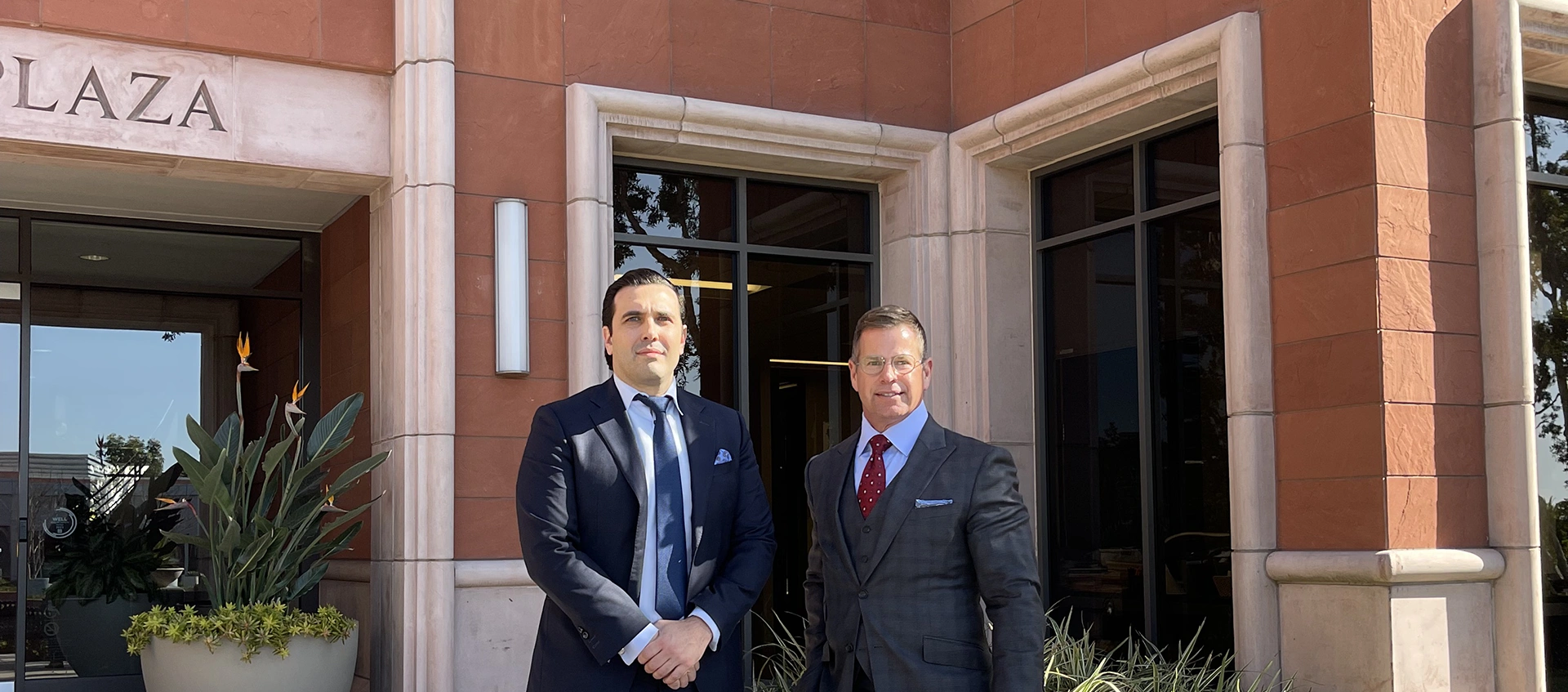Being falsely accused of domestic violence will shake you to your core and turn your life upside down in an instant. Suddenly, your reputation is ruined, people who you thought knew you well turn on you, and you’re facing legal consequences that could destroy your present and any hopes you have for the future. And all because someone who you loved and who you thought loved you decided it was okay to spread malicious lies about you.
Fortunately, with the help of an experienced criminal defense attorney, there are options available for you to fight back against false allegations, reclaim your good name, and regain control of your life. Unfortunately, before you can do that, you may suffer some of the consequences of someone else’s poor decisions.
What Happens If You’re Falsely Accused of Domestic Abuse in Los Angeles?
Domestic violence allegations are extremely serious. Unfortunately, there are those out there who don’t take them seriously enough because they’re willing to make false allegations of domestic abuse. Sadly, it is often those who are falsely accused who suffer the most because of these types of unfounded allegations, including:
- Loss of Child Custody – Those accused of domestic violence are generally prohibited from gaining physical custody of their children.
- Restraining Order – The Court typically issues a restraining order against alleged domestic abuse perpetrators that prevents them from contacting their presumed victims, including prohibiting physical contact, phone calls, emails, text messages, letters, and sending messages through a third party. In many cases, even if the alleged abuser does not initiate the contact, it is still considered a criminal violation and can result in the alleged domestic abuser serving jail time.
- Forced to Move Out – Alleged abuse victims are usually awarded exclusive use of the home they share with the presumed abuser. That means that alleged abusers are forced to vacate the home under police supervision and aren’t allowed to return unless the domestic violence charges are dismissed or dropped.
- Limited Child Visitation Rights – An alleged domestic abuser is often prevented from seeing their children at all. However, in some cases, they can see their children, but they must be supervised by another adult. Supervision can be provided by a family member, friend, or professional agency (for a fee).
- Anger Management – The Court often requires people who have been charged with domestic violence to take part in an anger management program.
- Restriction from Owning or Possessing Firearms – Under the Brady Bill, those accused of domestic abuse are not allowed to own or possess a firearm of any kind for any reason.
- Prison Time and Fines – In some cases, those who are arrested for domestic abuse may have to serve time behind bars and pay hefty fines.
- Job Loss – Depending on what the alleged abuser does for a living, a domestic violence allegation can result in job loss or suspension. In addition, some professional licenses can be revoked if a person is charged with domestic abuse.
These are just a few of the many issues that those accused of domestic violence may have to face.
What Do You Do If Someone Is Falsely Accusing You of Abuse?
If someone has falsely accused you of domestic abuse, you must think before you act, because one wrong move could make your situation even worse. However, you must also act quickly because time is of the essence. Either way, your first step should be to speak with an experienced criminal defense lawyer, because like it or not, you have been accused of a crime and must defend yourself like your life depends on it (because it very well could). In addition to talking to a defense attorney, here are a few other things you can do to help improve your situation:
- Witnesses – If there were any witnesses to the alleged domestic abuse, let your attorney know. If the witnesses back your side of the story, it can go a long way towards clearing your name.
- Facts – Go over the facts of the alleged domestic abuse incident. Gather evidence, including receipts, video footage, and phone calls that occurred during the alleged incident. Find any inconsistencies. You may discover you and the alleged victim weren’t even in contact at the time they say the abuse happened.
- Documentation – Gather and compare any documentation about the alleged abuse, including police reports, child services statements, and hospital records. Again, search for any inconsistencies in the presumed victim’s statements.
- Behavioral Inconsistencies – In many cases, you know this person better than anyone. Were they acting differently before, during, or after the alleged incident? Was their behavior inconsistent with how they normally would have acted or reacted in that situation? How much time passed after the alleged incident before they accused you of abuse? Did they initiate friendly contact with you after the alleged incident? Did they still allow you to parent your children after the alleged abuse? Did they call the police, family, or friends after the alleged incident? Pointing out and proving behavioral inconsistencies may help you prove your case and restore your reputation.
- Motivation – Are you and this person in a child custody battle or engaged in a messy divorce? If there’s motivation for this person to lie about domestic abuse, you should explore that possibility. Recall comments they made that could prove they were motivated to lie. Gather any evidence that can prove it as well, including letters, emails, text messages, and witnesses.
Facing False Claims of Abuse? Contact Our Domestic Violence Lawyer Before It’s Too Late
No one should ever be falsely accused of a crime, especially something as serious as domestic violence. At West Coast Defense, we fight unjust allegations, such as false domestic abuse claims. Our firm’s Founding Attorney Anthony J. Falangetti has over 26 years of legal experience, including more than 13 years as a Deputy District Attorney for the Los Angeles County District Attorney’s Office. Attorney Falangetti’s experience as a prosecutor gives him an edge as a defense attorney because he knows how the other side thinks. He is the best ally our clients could ask for in their quest to dismiss false allegations against them and restore their reputations.
If you or someone you love has been falsely accused of domestic violence, there’s no time to waste. The authorities have already begun building a case against you or your loved one. The time to fight back is now!
To schedule a free and confidential case evaluation with an experienced domestic violence attorney, give us a call at (800) 923-1776 or contact us online. We’re ready to defend your rights and clear your name!






